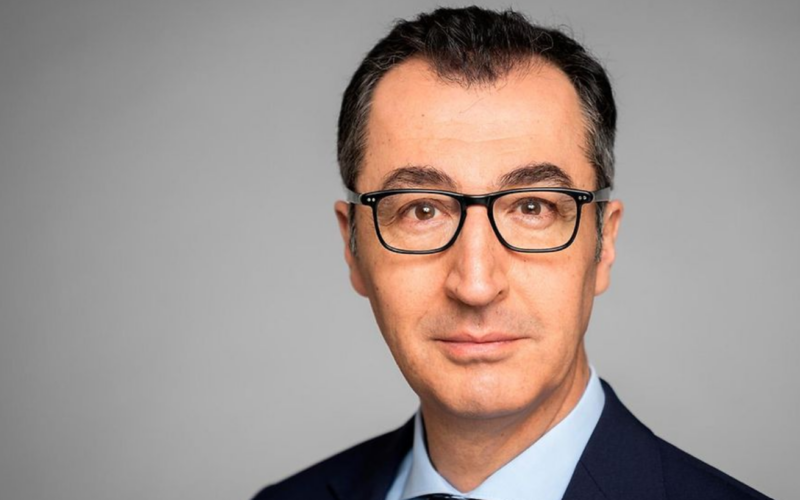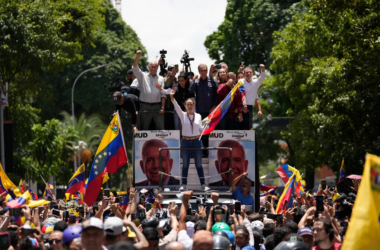As farmer protests continue to sweep across Germany, Cem Özdemir, a prominent political figure, has voiced deep concern about the escalating division within German society. The confluence of agricultural grievances and broader societal tensions has prompted Özdemir to highlight the urgent need for dialogue, understanding, and effective policy measures to bridge the gaps and foster unity in the face of mounting challenges.
The ongoing farmer protests have become a focal point for expressing discontent within the agricultural community, with concerns ranging from economic hardships to environmental regulations. Against this backdrop, Cem Özdemir’s apprehension about the deepening division within German society underscores the broader implications of social discord, emphasizing the need for comprehensive and inclusive solutions.
Özdemir’s concern comes at a time when Germany, like many other nations, grapples with a myriad of challenges that have the potential to strain societal cohesion. The farmer protests, marked by impassioned demonstrations and clashes of ideology, reflect a microcosm of the larger issues facing the country. As the divide widens, political leaders like Özdemir recognize the imperative of addressing the root causes and finding common ground to promote national unity.
The farmer protests themselves are multifaceted, encompassing grievances related to economic pressures, environmental regulations, and the broader future of agriculture. These issues resonate with diverse segments of the population, making it essential for leaders like Özdemir to engage in nuanced discussions that encompass the varied concerns contributing to societal discord.
The call for dialogue and understanding in Özdemir’s statements underscores the recognition that addressing societal division requires more than just policy changes. It necessitates open conversations, active listening, and a commitment to finding shared solutions that balance diverse perspectives. The complexities of the challenges facing Germany demand a collaborative approach that considers the interests of different groups within society.
Moreover, Özdemir’s focus on unity amid protests highlights the role of political leadership in times of societal upheaval. As a representative figure, his statements not only acknowledge the legitimate concerns of the agricultural community but also call for a unified national response to navigate the intricate interplay of economic, environmental, and social factors contributing to the unrest.
The broader context of growing societal division in Germany echoes global trends where nations grapple with internal tensions fueled by economic, political, and cultural shifts. In this environment, political leaders face the formidable task of promoting a sense of common purpose and shared identity. Özdemir’s intervention in the discourse surrounding farmer protests signals a commitment to addressing the underlying issues that contribute to societal divisions.
As the farmer protests continue and political figures like Cem Özdemir advocate for unity, the trajectory of Germany’s response to these challenges remains uncertain. However, Özdemir’s emphasis on dialogue, understanding, and comprehensive policy measures provides a framework for a constructive way forward. In navigating the complexities of societal division, Germany has an opportunity to foster resilience, inclusivity, and a renewed sense of unity that can withstand the pressures of contemporary challenges.








